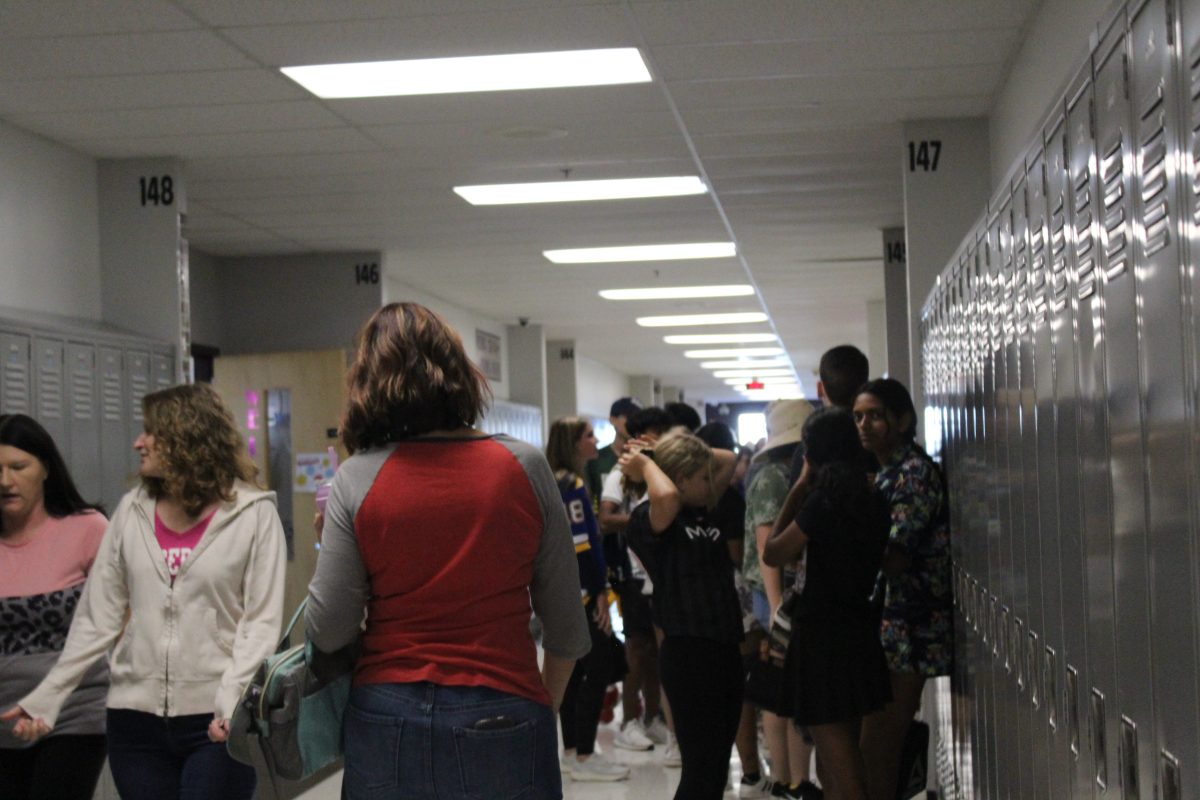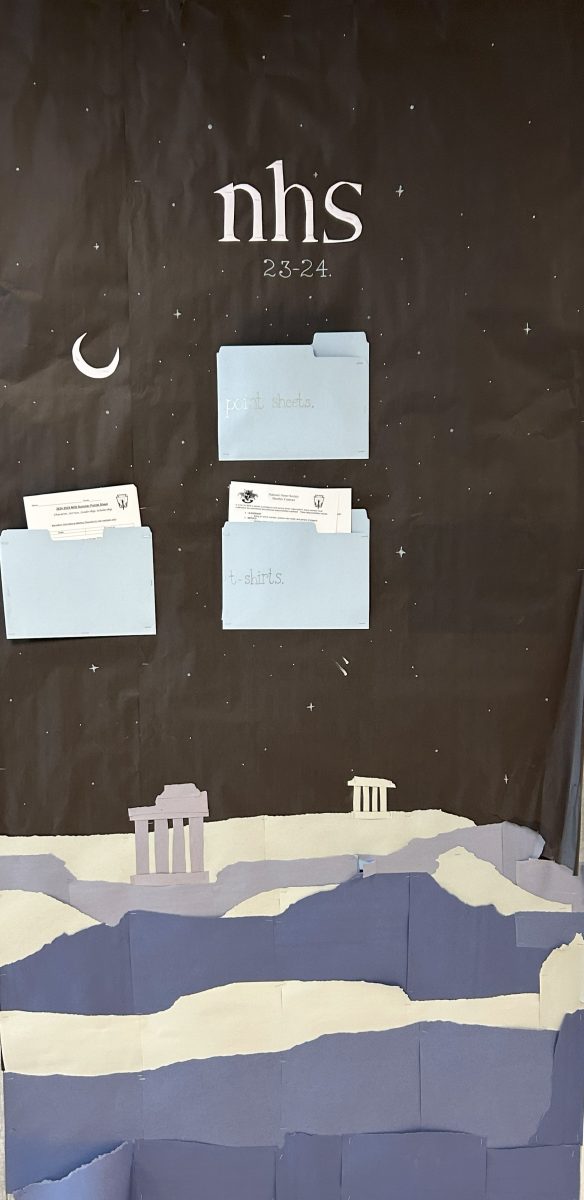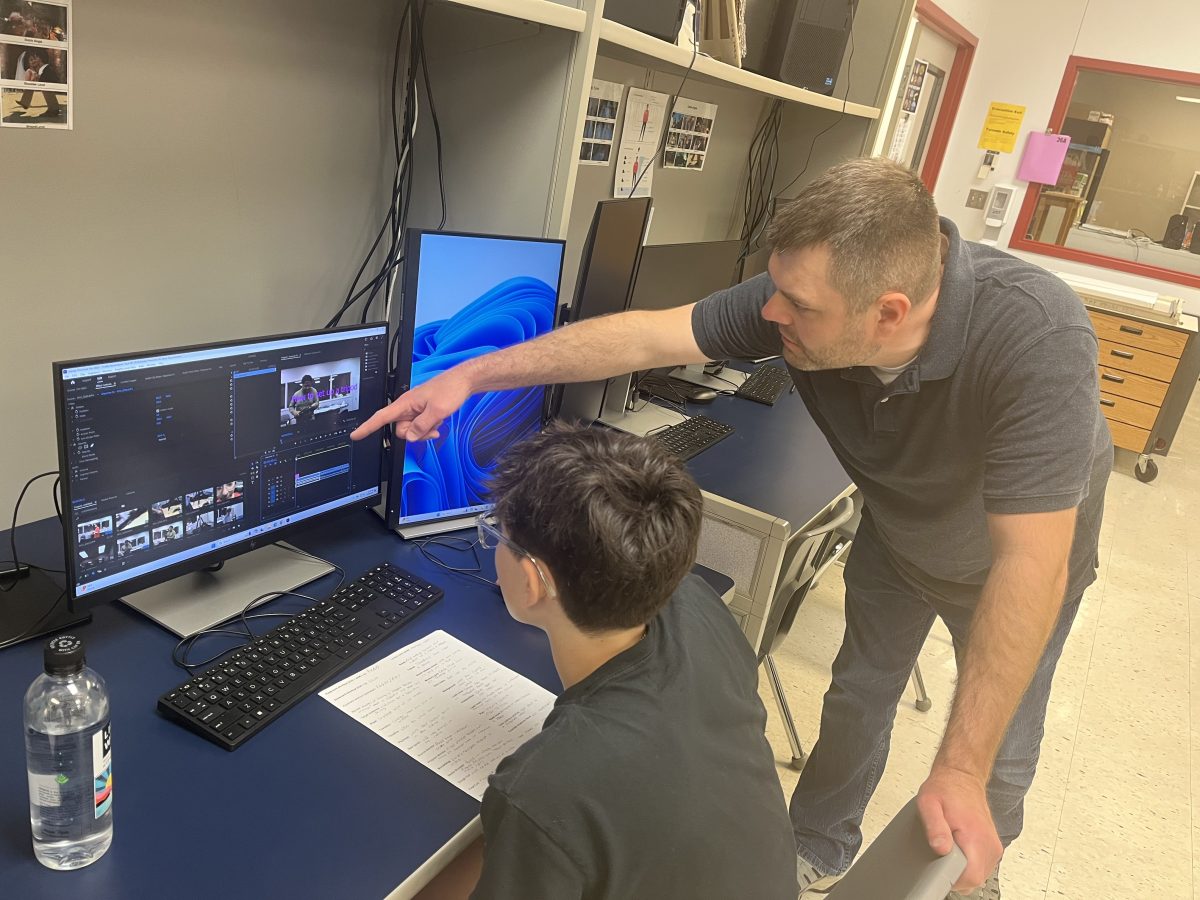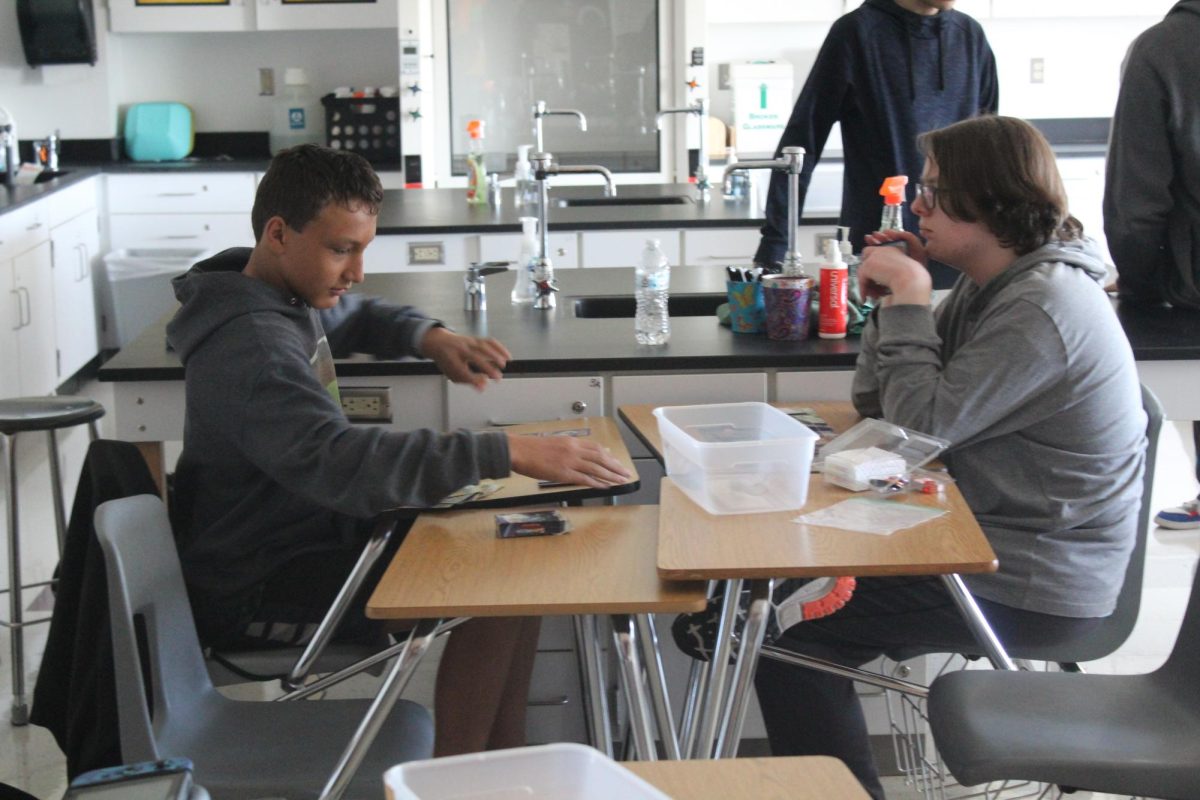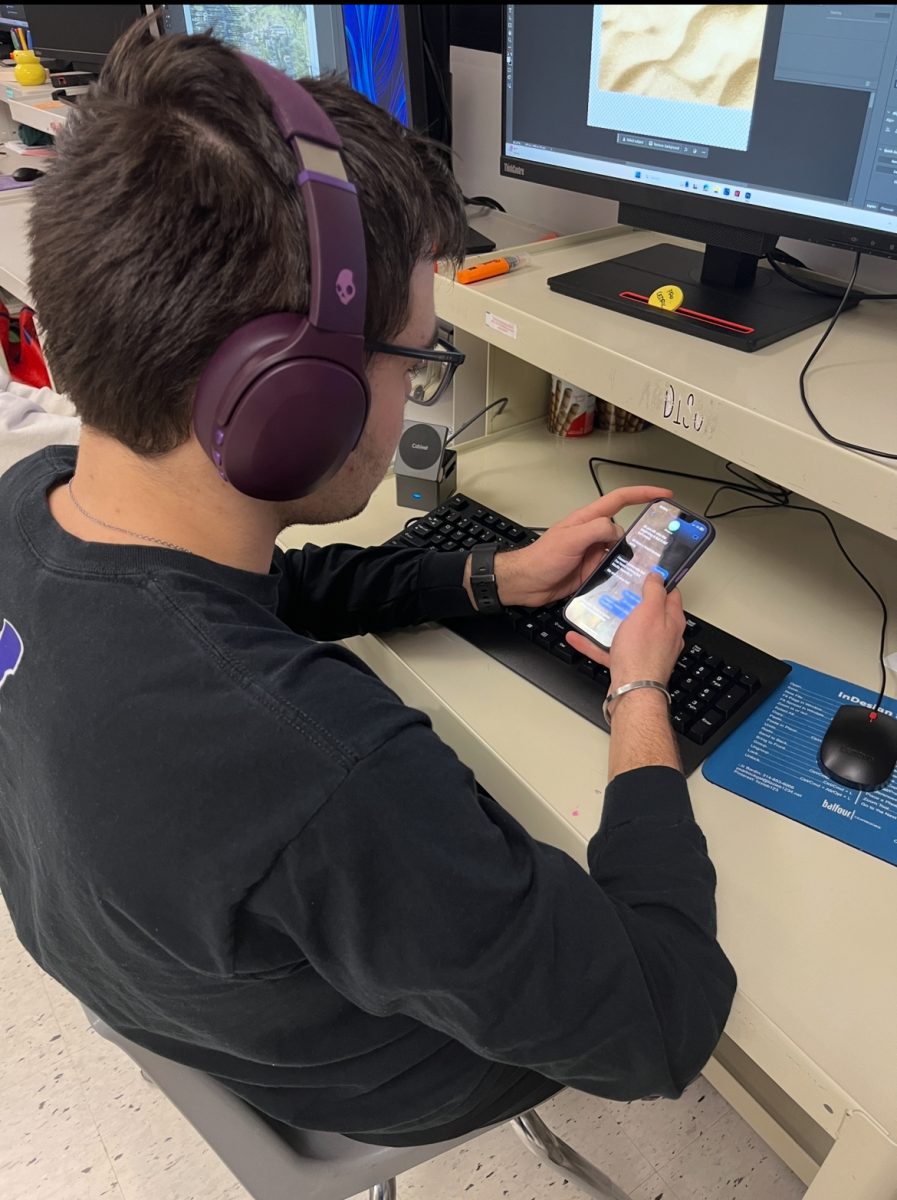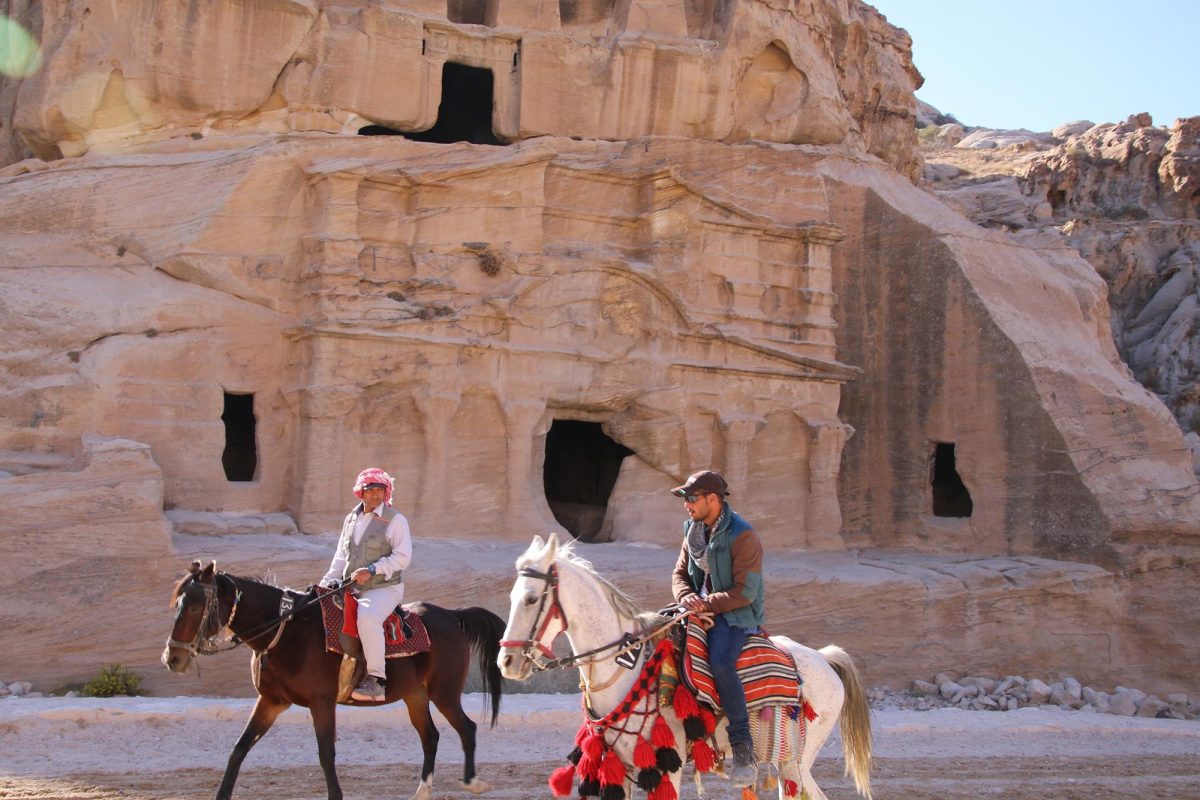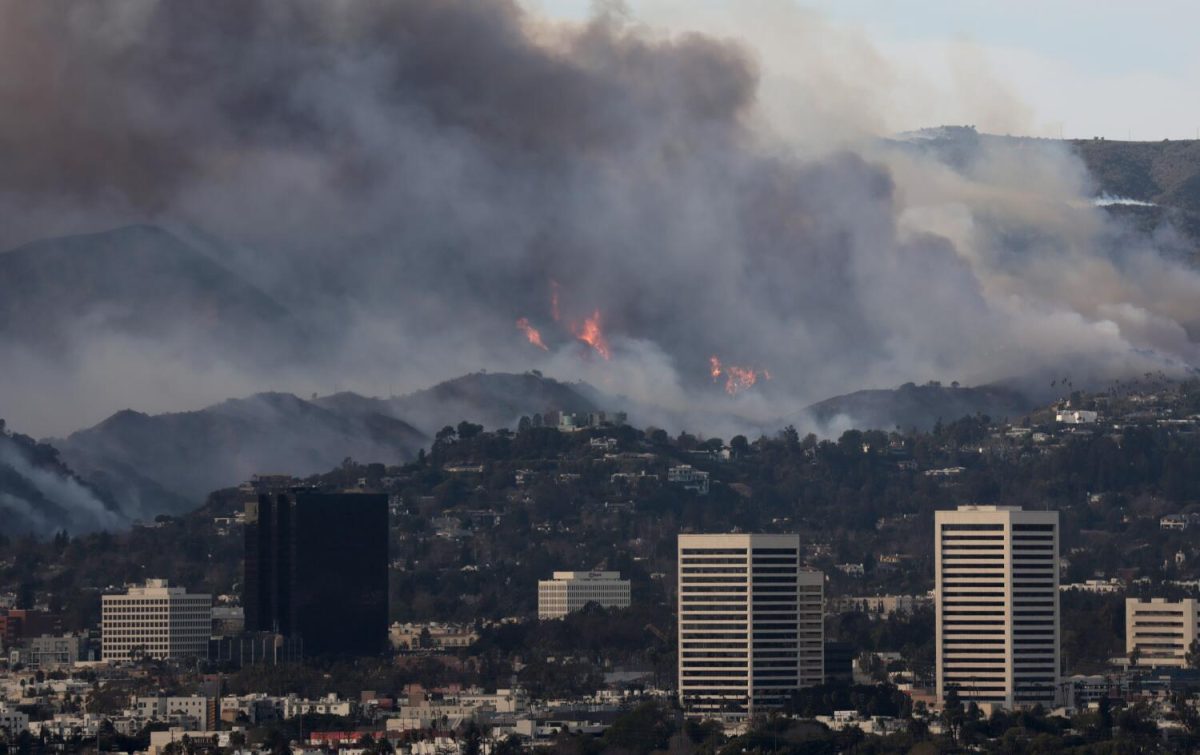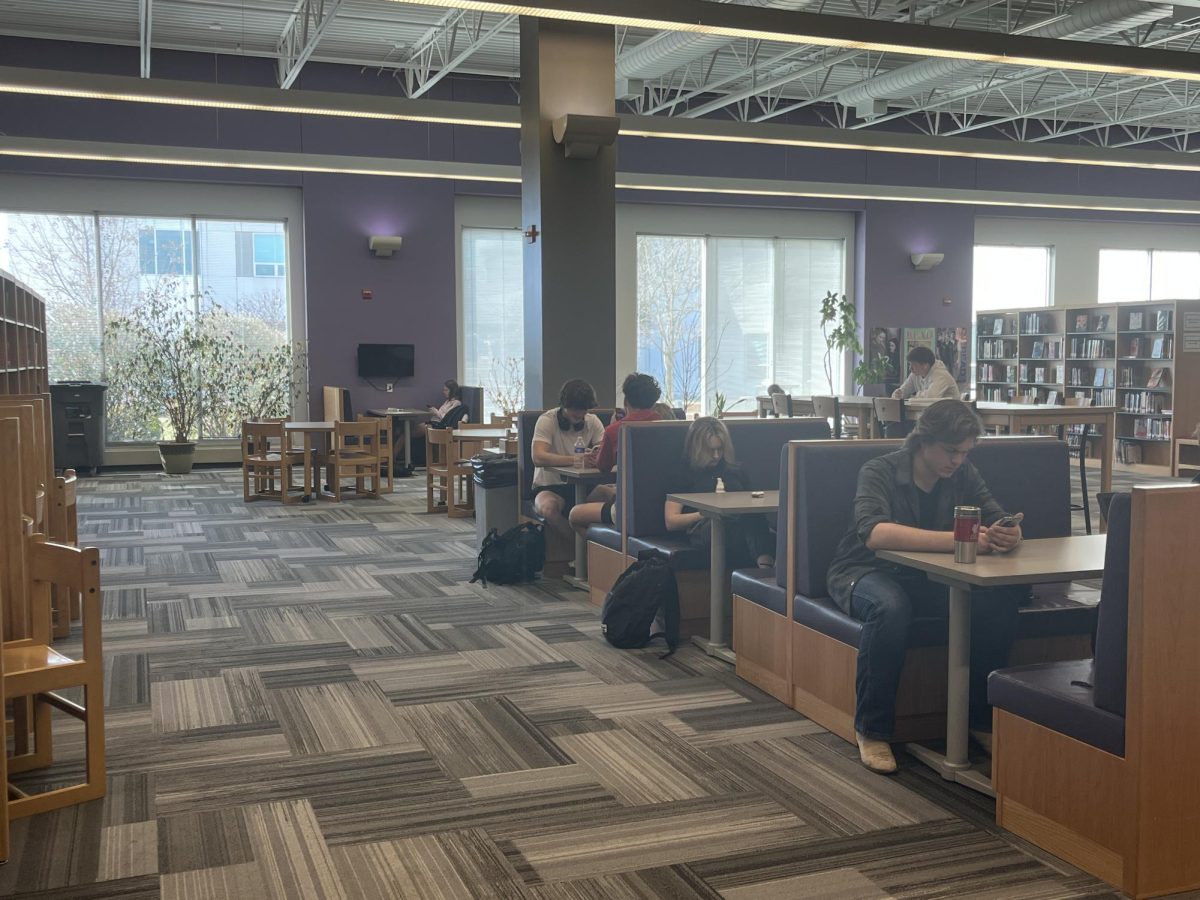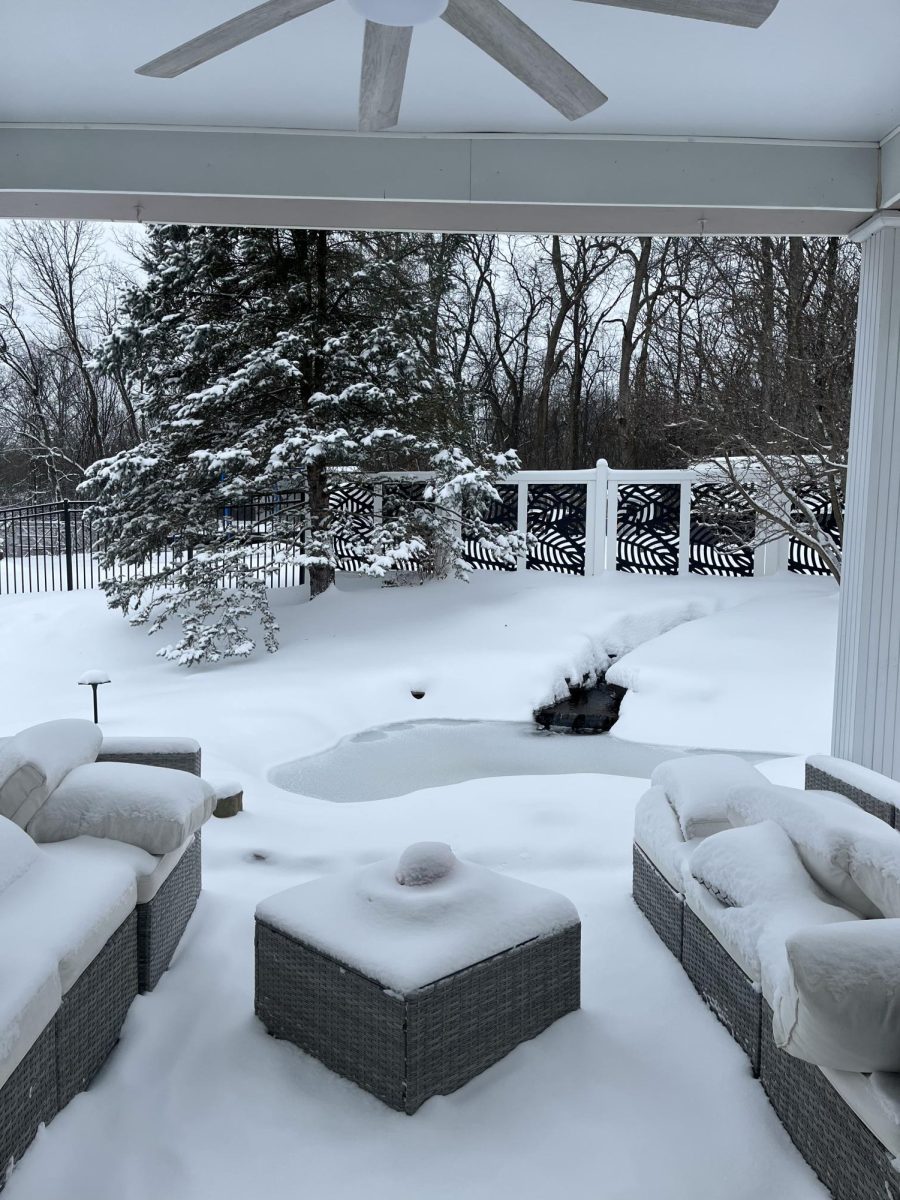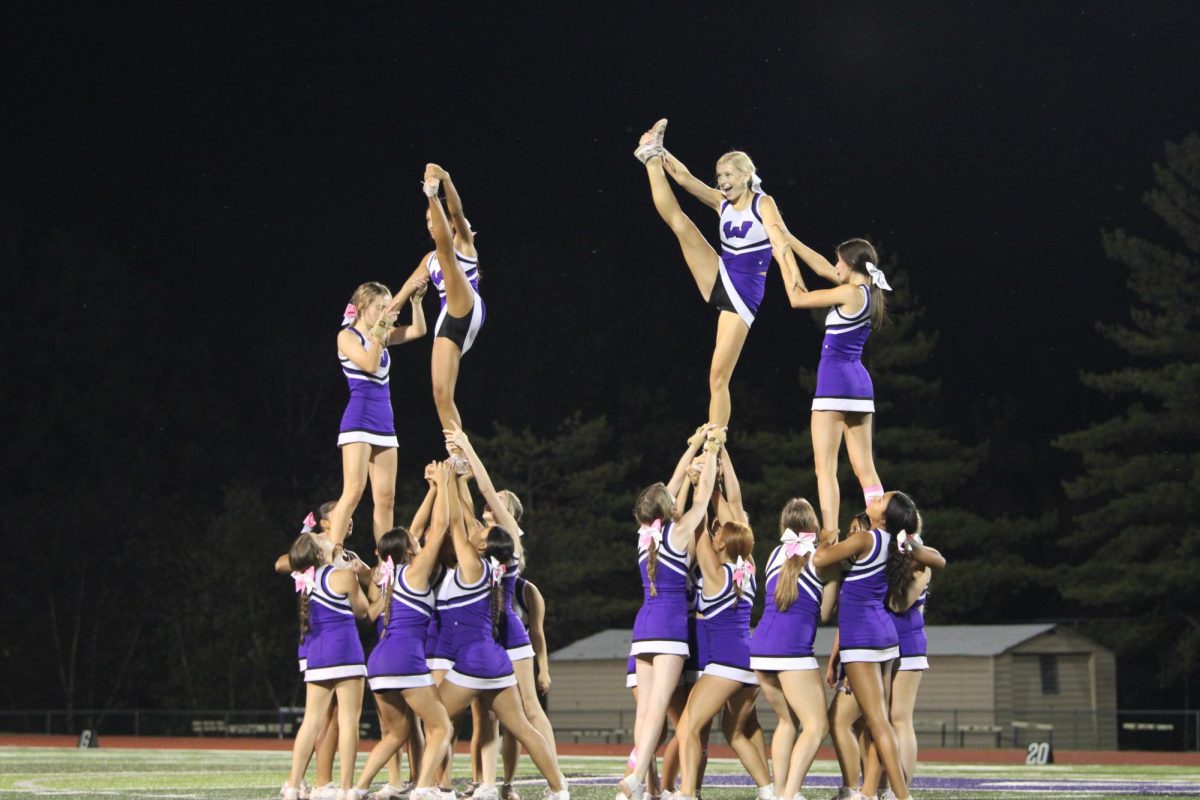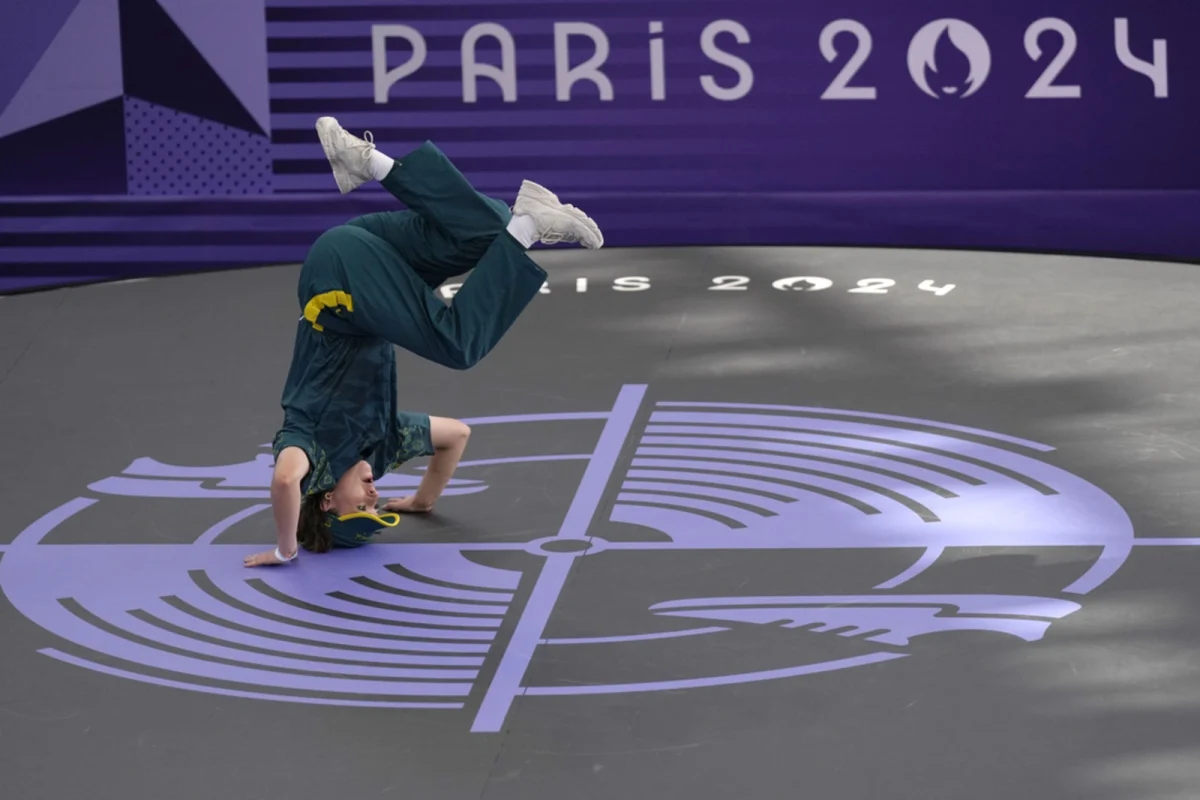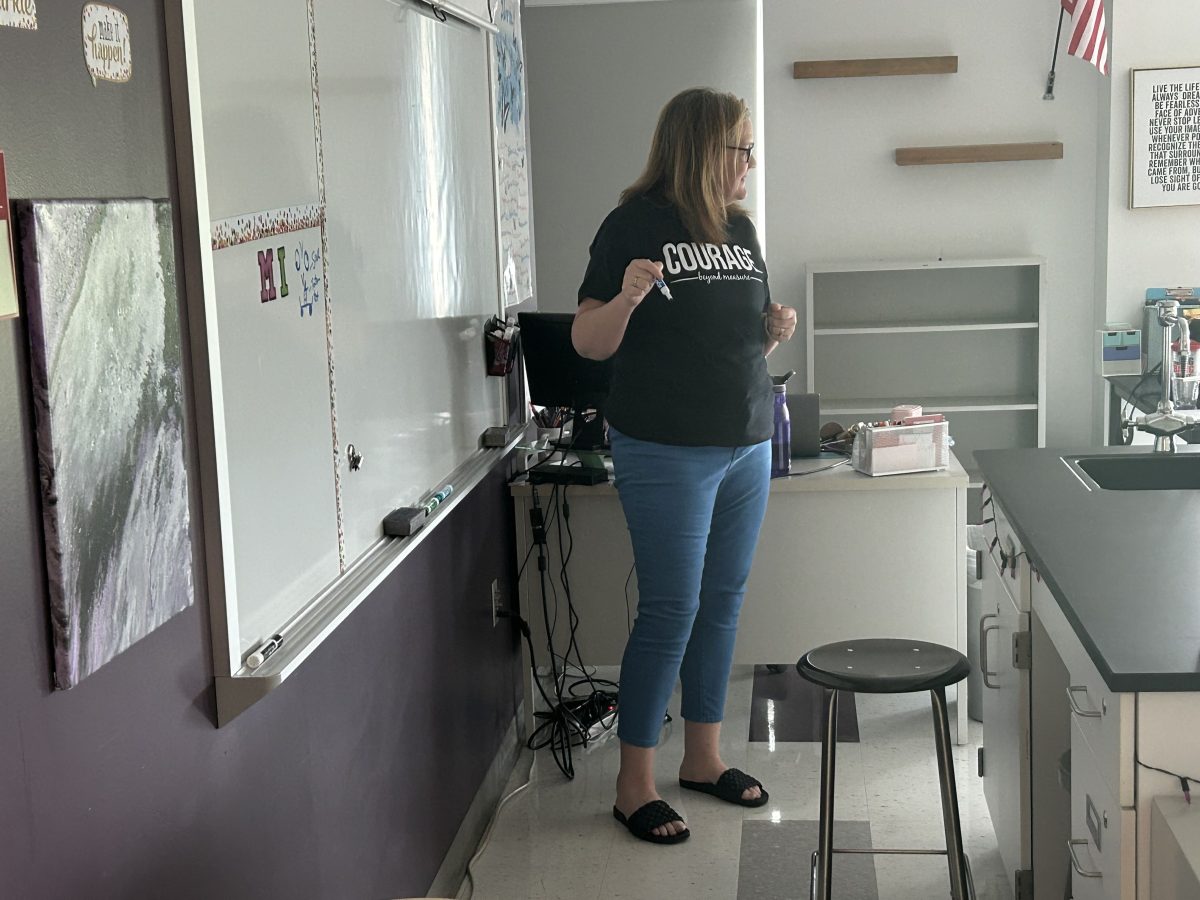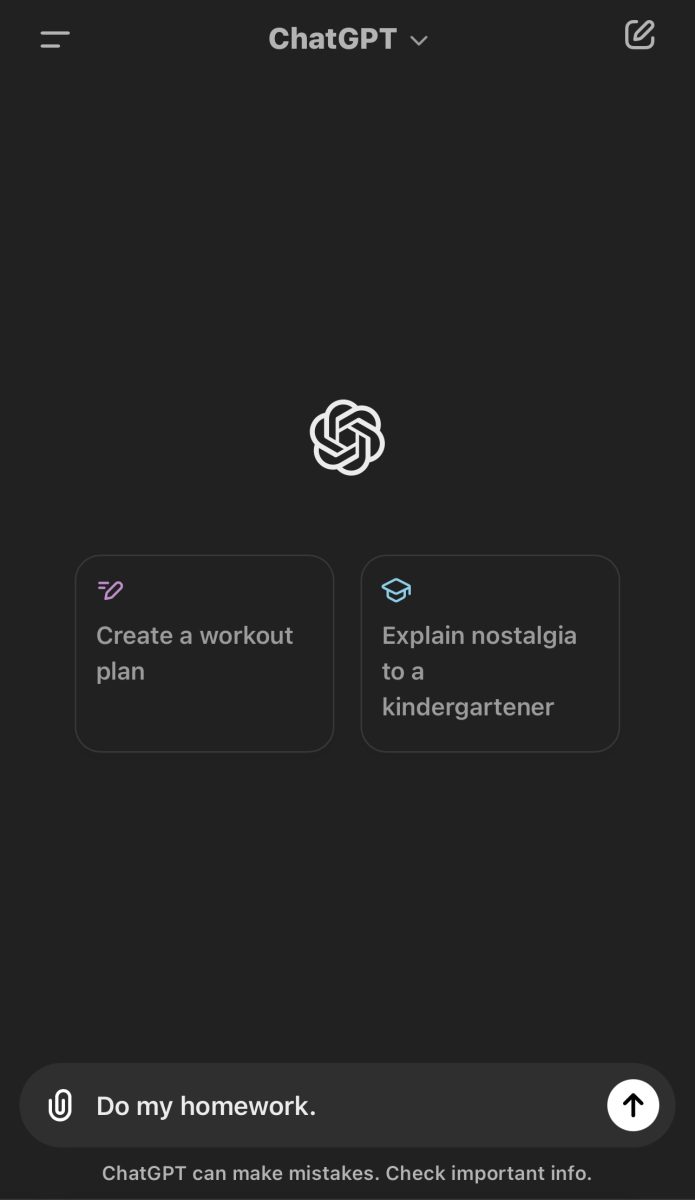There are numerous different courses that can be taken in school, but not all students may know the full potential the classes could hold. From foreign languages to artistic exploration, there are options for every student. Each class is better understood when put in perspective by its teacher.
When deciding what extra courses to take, some would say it is important to be 100% aware of what you are signing up for. All of these teachers have their own goals, teaching styles and opinions that go into their classes.
“ I encourage my students to come to class ready to make mistakes, mistakes are how we learn. The goal of my class is to get students comfortable in trying a new language and learning about a new culture,” Spanish teacher Kimberly Gryseels said. “I think it is more important now than ever to learn about different cultures and how to communicate with people. It helps if you can do it in their language.”
Media technology teacher Matthew Duncan strives to provide his students with the credentials they need to achieve their goals while also providing them with technology skills that should help them later in life.
“The goal of the Media Technology class is to educate students about video content design and creation while using a hands-on approach,” Duncan said. “This course helps prepare students who choose to take the Adobe Certified Professional Digital Video exam. Many students dream about becoming a social media influencer or YouTube star, but few actually know the processes involved in creating high-quality video content that’s engaging. The class can lead to a career or hobby in filmmaking, social media content creation, broadcasting and much more.”
Science teacher Heather Anderson believes that taking her meteorology class is important in the sense that everyone should understand outer space, as it is something that is constantly changing and affecting our everyday lives.
“In this course, students are learning about space and why we see things the way we do, and what affects our view of not only things on Earth but in other galaxies,” Anderson said. “For the meteorology part, students learn how to read weather maps and what it is like to predict the weather. Students will not only learn the material, but other information they can use in their everyday life. Many students think the courses I teach are blowoff or easy courses. When I asked former students about this, they said the material is not necessarily easy, but the workload is not as heavy as other science courses. If you come to class and do your work, you will pass.“

